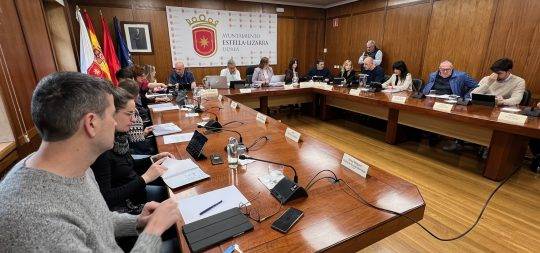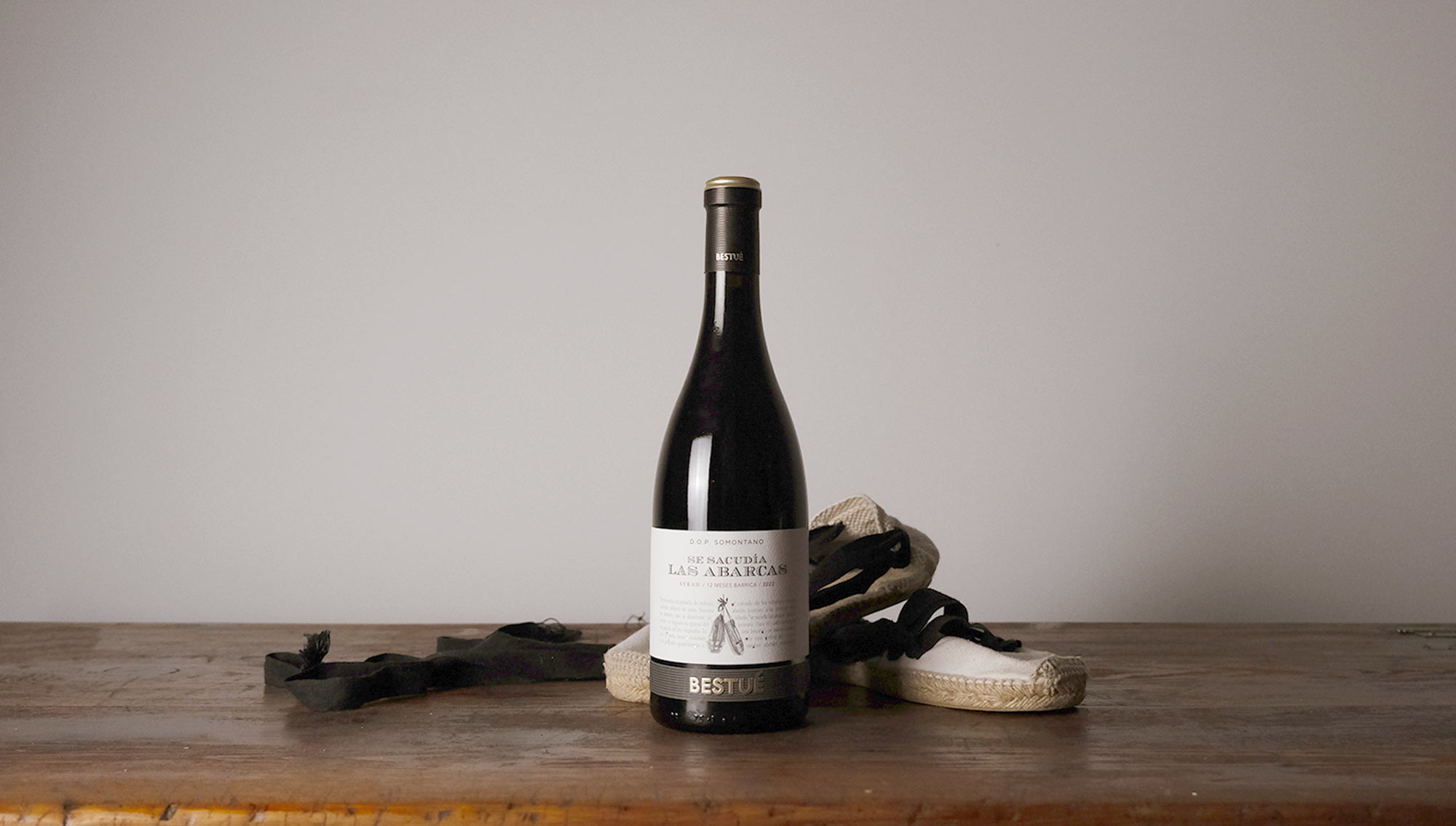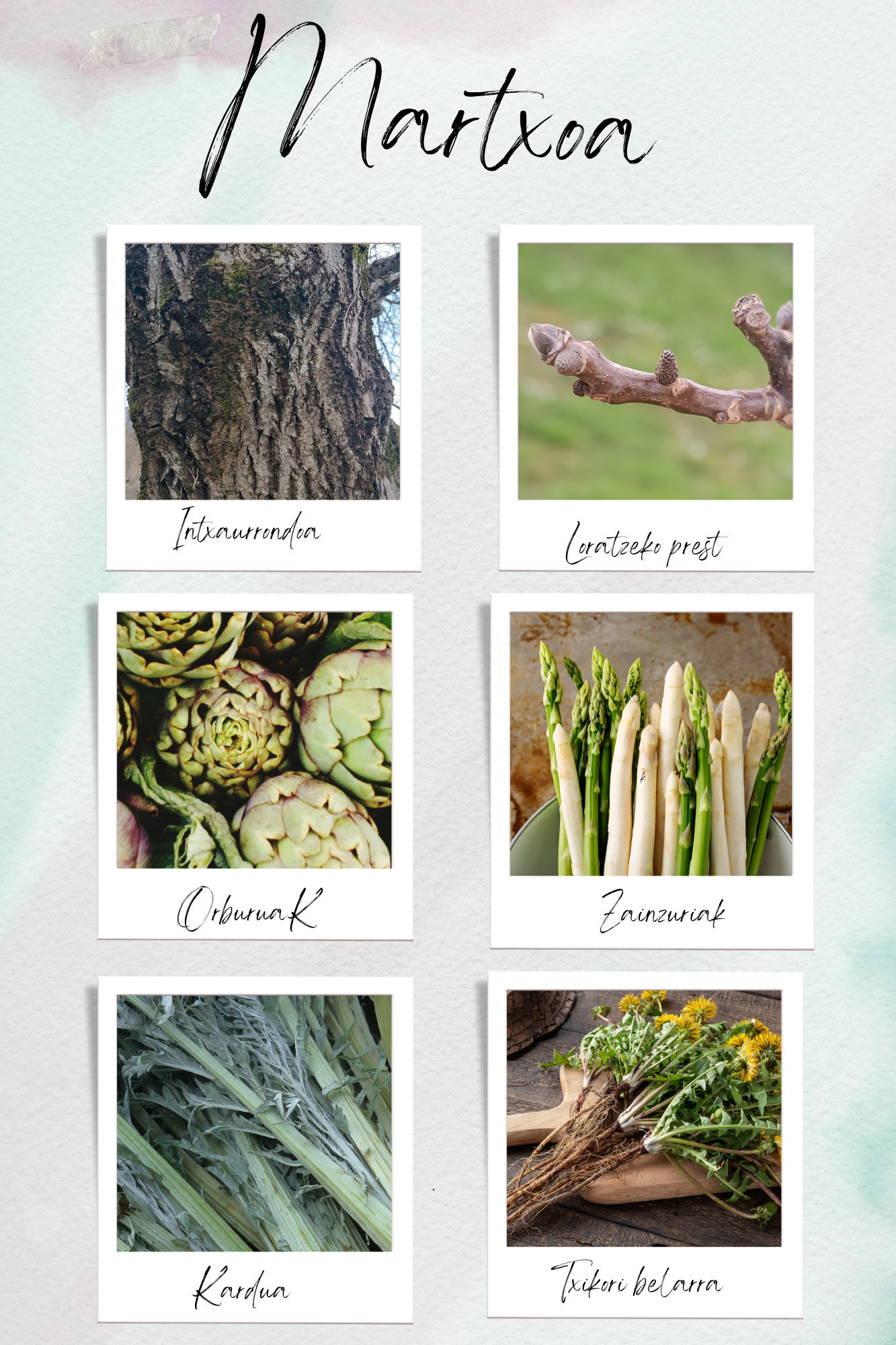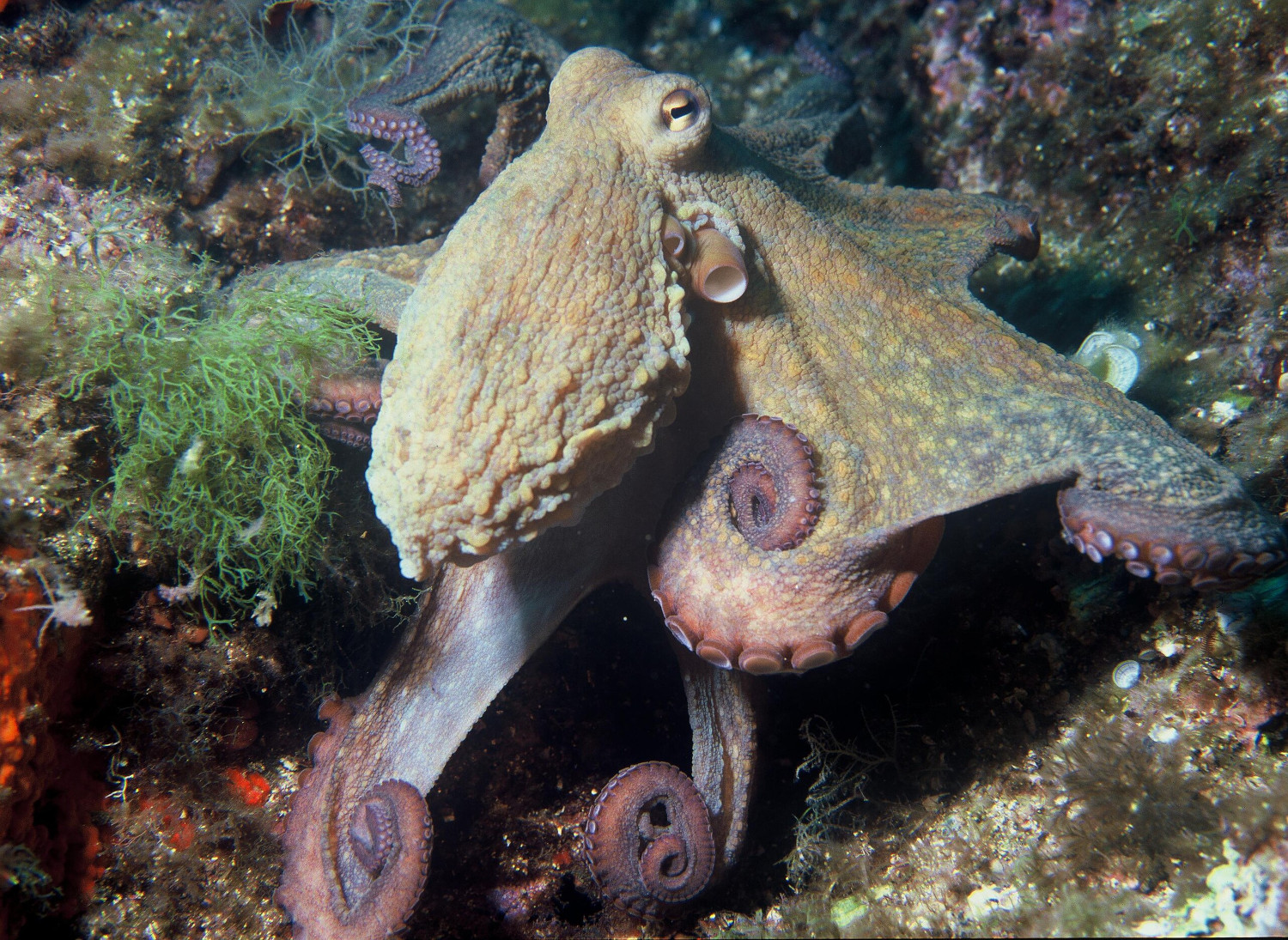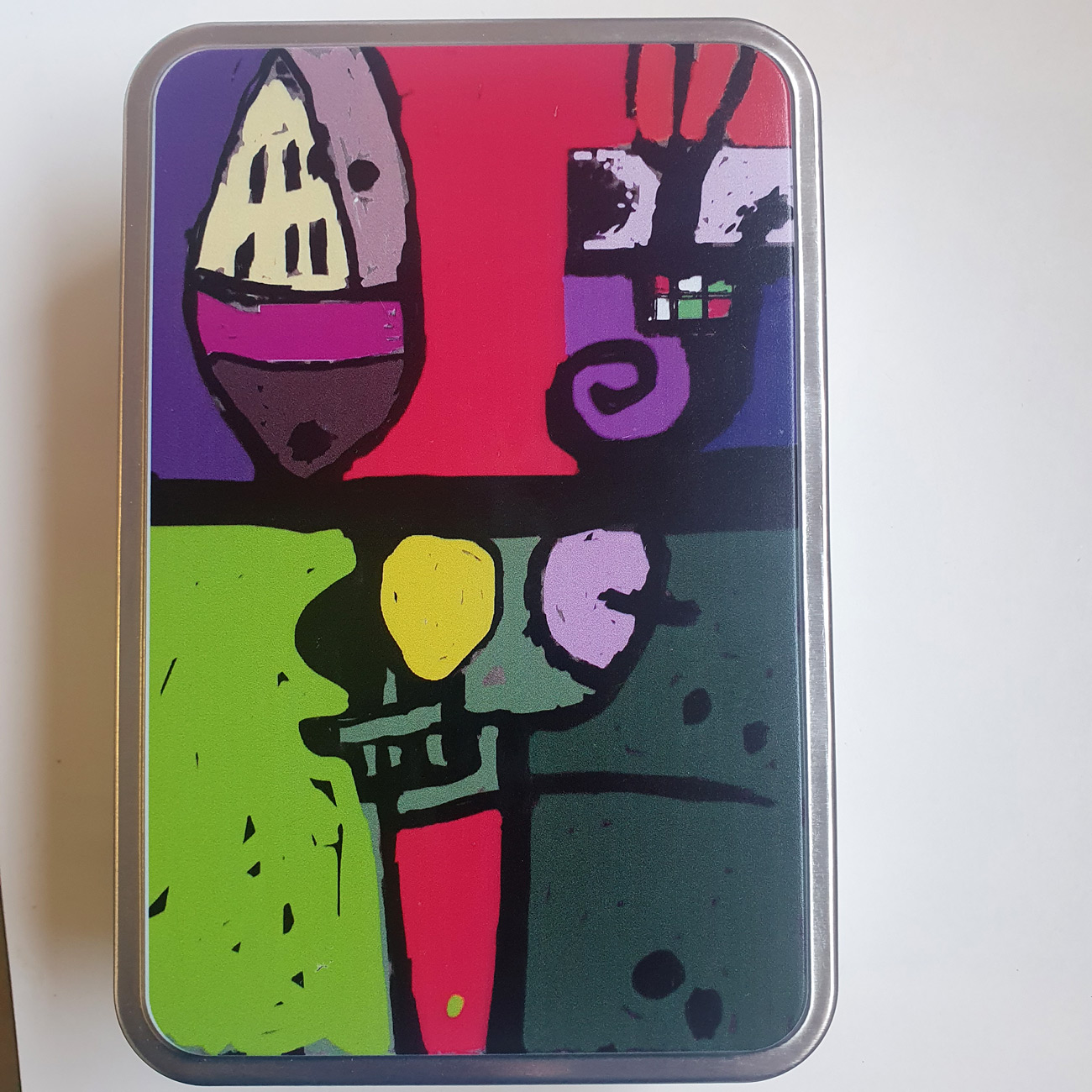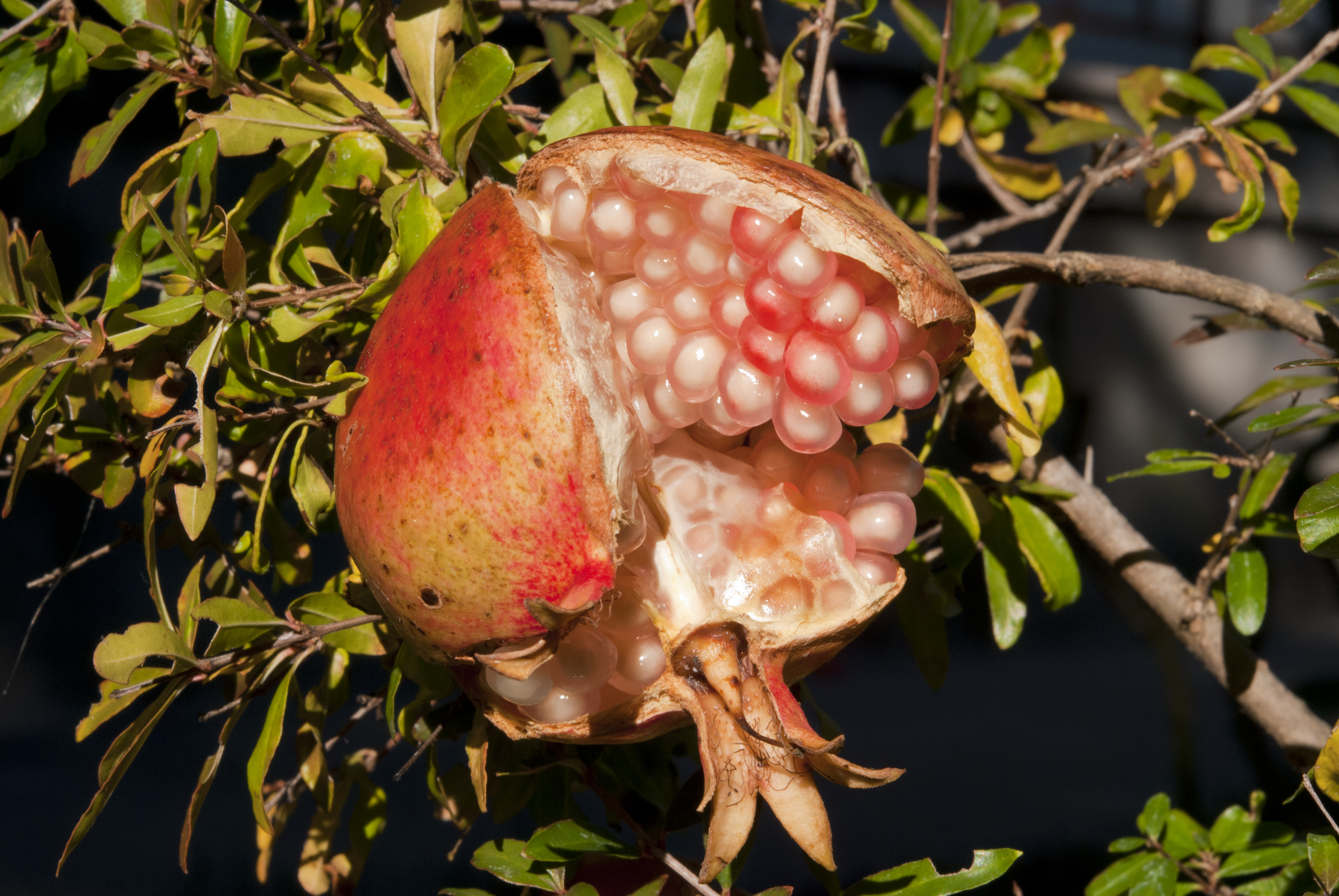Lessons from seed differentiation of productive and reproductive work
- With the seeds eleven metaphors have been played and spoken. There are known expressions like "being the seed of something," "sowing the seed of a project," "seeds for the future," -- seeds have something special.

The seeds question some concepts, the distinction and the dichotomy that are at the base of modern Western thinking. In fact, the seed is the same crop or food and raw material for the next harvest. In other words, the seeds can be, on the one hand, the beans, the maize or the pipes that we are going to eat, and, on the other hand, those that we keep separately and that we are going to sow the following year so that with them we can have a next harvest. They have a double character, somehow seeds.
But modern, capitalist and heteropatrial thought has sought to differentiate reproduction or reproduction from production, opposing the logic of (capitalist) production of life. From this perspective, production is the work performed outside the home and in exchange for a salary. Reproduction, on the contrary, is what is done to create and maintain the necessary workforce in the labour market, without receiving wages, rights and recognition of "work" in return. It looks like these are actually two kinds of works.
Well, when you look at the seeds, you've asked me several times. When you "create" or "produce" a seed, what is it doing, reproducing the seed or variety, or producing seed? In other words, is the work of keeping seeds productive or reproductive work? Maybe when we plant beans to eat or corn we can say we're producing a product that we're going to eat. But when we reproduce a seed with the intention of coming back out of it, what exactly do we do? Produce? Reproduce? Both at once?
In 1988 Jack Ralph Kloppenburg wrote a clarifying statement in his book First the seed on seed improvement and privatization. Seeds, in principle, have a double dimension, but hybrid seeds and seed patents distinguished this double character from seeds, as these mechanisms prevent anyone from reproducing the seeds of these varieties and, therefore, the "seeds" sold for sowing or the "foods" sold for eating are different. Therefore, through these mechanisms came to the seeds a modern capitalist view that separates the production from the reproduction of life. But what is still happening with food and seed that does not come under this distinction? That is, what happens every year with the seeds and foods that each can reproduce, store, sow, eat and plant in his house? What about the foods and seeds that have grown up?
As I say, many times I've been with the seeds I've had this question in my head. That asking a question without noticing is somehow falling into the trap of that modern dichotomous thought. Isn't it more interesting to turn around the question and think about what the seeds tell us about life, reproduction and production? In the seeds that we can reproduce and preserve at home these dimensions are inseparable. Thus, now that the colonization of capitalism and patriarchy has reached the seeds, at the moment there are still many seeds that escape from this logic, and life, reproduction and production, the three, show us that they are an essential part of the same process, questioning the separation between them. In other words, the footprints show us the false dichotomy of productive reproduction that the feminist economy has so often put at risk.
For the feminist economy, as we've seen, seeds can be able to inspire. They also tell us a lot about reproduction. Pulling the seeds to think deeply about reproduction, but I think we're in the needs of transfeminism -- but that leads us to a new path of seeds that, for now, we'll leave for another.
Udaberri aurreratua ate joka dabilkigu batean eta bestean, tximeletak eta loreak indarrean dabiltza. Ez dakit onerako edo txarrerako, gure etxean otsailean tximeleta artaldean ikustea baino otsoa ikustea hobea zela esaten baitzen.
Nori ez zaio gustatzen ahuakatea? Ia denok atsegin dugu fruitu berri hori, di-da amaren batean etxekotu zitzaigun. Zenbat urte da ba dendaero ikusten hasi garela? Gure mahaietara iritsi aurretik, historia luzea du.
Gipuzkoako hamaika txokotatik gerturatutako hamarka lagun elkartu ziren otsailaren 23an Amillubiko lehen auzo(p)lanera. Biolur elkarteak bultzatutako proiektu kolektiboa da Amillubi, agroekologian sakontzeko eta Gipuzkoako etorkizuneko elikadura erronkei heltzeko asmoz Zestoako... [+]
Leihatila honetan behin baino gehiagotan azaldu ditugu Ama Naturaren engainuak bere izakiak babestearren. Batzuetan, erle edo liztor itxura zuten euliak ekarri ditugu, beste batzuetan inongo arriskurik ez duten arrisku-kolorazioko intsektuak ere bai (kolorazio aposematikoa... [+]
Administrazio Epaitegiak arrazoia eman dio EH Bilduk Lizarrako plantilla organikoaren hizkutnz profilen aurka jarritako helegiteari.
Emakume bakoitzaren errelatotik abiatuta, lurrari eta elikadurari buruzko jakituria kolektibizatu eta sukaldeko iruditegia irauli nahi ditu Ziminttere proiektuak, mahai baten bueltan, sukaldean bertan eta elikagaiak eskutan darabiltzaten bitartean.
Ibon galdezka etorri zait Bizibaratzea.eus webguneko kontsultategira. Uda aurre horretan artoa (Zea mays) eta baba gorria (Phaseolus vulgaris) erein nahi ditu. “Arto” hitza grekotik dator eta oinarrizko jakia esan nahi du, artoa = ogia; arto edo panizo edo mileka... [+]
Nekazal eremu lehor baten erdian ageri da putzua. Txikia da tamainaz, eta ez oso sakona. Egunak dira euririk egiten ez duela, baina oasi txiki honek oraindik ere aurretik bildutako urari eusten dio. Gauak eremua irentsi du eta isiltasunaren erdian kantu bakarti bat entzun da... [+]
Zuhaitza esnatzear dago, kimuak ageri dira adarretan. Gutxi falta da loraldirako, laster aro berria hasiko du, indarberrituta.
Just as we experienced the flourishing of the Basque Country with the help of the artists, so that this time, taking advantage of their impulses, we continue to make our way together giving the necessary support to the Basque political prisoners, exiles and deportees
The... [+]











